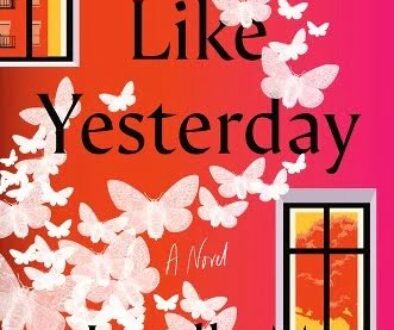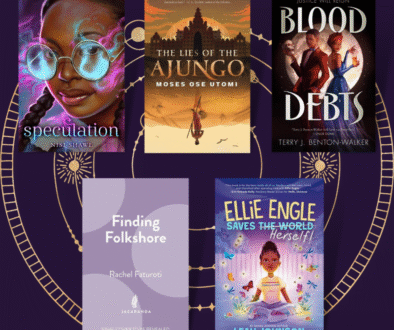The Plot Thickens: Excuse Me While I Ugly Cry
#OwnVoices authors have long advocated for BIPOC taking on the tropes that the book community has explored again and again with majority white characters. One trope that I’m finding enjoyable in recent reads is awful protagonists – from A Song of Wraith and Ruin’s Karina, to The Black Kids’ Ashley, and Excuse Me While I Ugly Cry’s Quinn. Each Black girl is a mess of emotion and self-absorbed motivations that lead toward their own downfalls and possible redemptions – all in ways that are supremely entertaining.
In Excuse Me While I Ugly Cry, Quinn is a rich, Black senior in her last semester of high school trying hard not to be exposed as a liar. She’s lied to her parents and everyone at school about getting into Columbia University, about being okay with the blithe racism she gets from her white peers from her private school in Austin, Texas, and about how she truly feels about the boy next door. In fact, ten chapters into the book you understand Quinn’s many flaws: she has awful taste in movies, is so self-centered that it leads to constant distraction, and has a bad habit of writing extremely personal lists in an unprotected journal.
Yet, there is something endearing about Quinn’s perspective in her awfulness. She does not aim to be a crappy person but her insecurities and the methods she’s learned to get through the different social worlds that she navigates keep her from confronting the issues that put her flaws into the spotlight. When she is blackmailed into facing her many secrets (which are truly regrets), by a mysterious cyberbully, she learns that she’s more capable of standing up to the people that she’s built a wall against.
Joya Goffney has crafted a novel that examines the ways that we learn to protect ourselves as teenagers, the ways we hide all the vulnerabilities we would hate having used against us, by showing the ramifications of this exact event in Quinn’s life. We see that what we loathe about ourselves does not make us irredeemable, especially when at a point in our lives where defining who we are based on who we would like to be seems necessary.
This is a dynamic that I find myself facing in more ways than one over and over again as an adult. Reading about it in YA reminds me that all of the stereotypically, selfish traits that are cast onto teenagers by adults often truly reflect the fears we always carry about gaining maturity and self-judgment. Quinn’s journey reminds me that it’s not so bad, not so bad.




